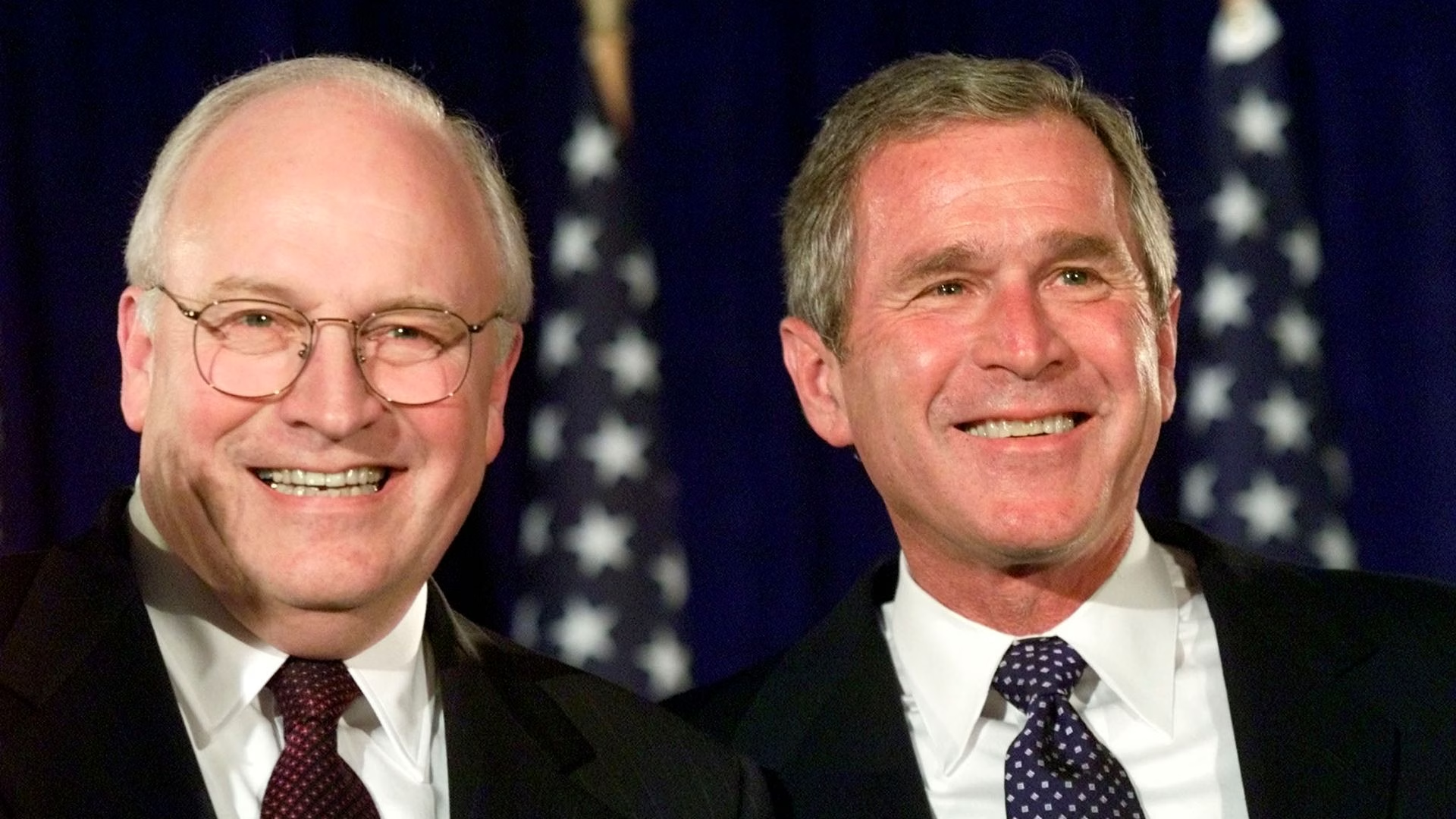With his trial less than a month away, the V.I. Justice Department filed notice Monday that it intends to appeal a V.I. District Court order that it may not seek the death penalty against Richardson Dangleben Jr., who faces murder and other charges in the slaying of VIPD Detective Delberth Phipps Jr. in July 2023.
The one-sentence notice of appeal came on the same day that District Court Chief Judge Robert Molloy filed a memorandum opinion explaining why he struck the government’s notice of intent to seek the death penalty, which the DOJ filed in May — 459 days after saying it would not, the judge noted.
The DOJ’s about-face came after the Trump Administration issued an executive order in January saying it would review all decisions to not seek capital punishment in eligible cases charged during the Biden Administration, which did not support the death penalty.
On Monday Molloy also denied, without prejudice, Dangleben’s motion to move the trial out of the territory, or at least to St. Croix, given the publicity surrounding the case.
In taking the death penalty off the table, Molloy cited a number of concerns, including the fact that the DOJ’s request was not based on new information not previously available to the government, it came more than a year after the initial “no-seek” decision, was filed 22 months after Dangleben’s initial arrest, 19 months after his first indictment, and less than five months before trial, which is set for Oct. 6.
“The Government cannot dispute that the Court and the parties proceeded for over twelve months under the impression that the Government would not be seeking the death penalty. The matter was set for trial for a date certain and that date was continued, in part, because of Defendant’s reliance upon the Government’s notice not to seek the death penalty. As Defendant has stated, he would not have agreed to a continuance had he known that the Government could change its position at will. Thus, Defendant now is prejudiced by the Government’s change of position,” Molloy wrote in his opinion.
Moreover, the DOJ’s reversal violated a court-ordered deadline for filing notice it would seek the death penalty, known as a Section 3593 notice, the judge said. “As succinctly explained by the court in United States v. Slone … ‘A defendant is legally entitled not to stand trial for his life unless the government files that notice ‘a reasonable time before the trial.’ … A filing deadline is thus well within the Court’s inherent power to manage its own proceedings,’” Molloy wrote.
Further, while “exigent circumstances” could excuse an 11th-hour reversal, that is not the case here, the judge noted. “The circumstances were wholly government-created and do not require the Court to excuse a violation of its orders. In addition, at no point did the Government seek a second extension of the deadline or request the Court to provide a new deadline or otherwise request relief from the deadline. Simply stated, a change in the administration of the executive branch does not create an exigent circumstance excusing compliance with this Court’s orders,” Molloy said.
As for relief from the no-seek deadline, the government forfeited that right by failing to timely address the issue, he said. “Because the United States neither withdrew nor sought to amend its ‘no-seek’ notice and then filed its Death Notice well beyond the February 12, 2024, deadline, the Court finds that it waived its right to seek the death penalty in this case.”
No-seek notices are also viewed by the courts as irrevocable, unless there is “good cause” such as new information coming to light, said Molloy. Otherwise, no-seek decisions would be rendered meaningless, he said.
As for Dangleben’s motion for a change of venue, Molloy wrote in an order Monday that after “reviewing the record submitted in this case, the Court is not convinced that the media reporting or that any purported community reaction in this case rises to the level of presumed prejudice. Additionally, none of the cases cited by Defendant are sufficiently analogous that would warrant a change of venue.”
While undoubtedly a high-profile case, knowledge does not equate to disqualifying prejudice and a robust vetting of potential jurors — a process known as voir dire — will reveal whether a change of venue is merited, Molloy wrote.
“Thus, the Court will deny the defendant’s request to change venue and will revisit this issue, if necessary, at the conclusion of voir dire,” he said.
St. Croix Source
Local news, News



